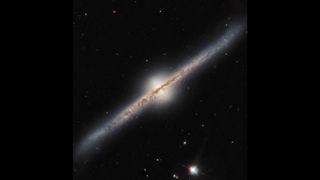Science News
Latest news

IVF may raise risk of certain disorders in babies — and epigenetic 'signatures' in the placenta could explain why
By Jennifer Zieba published
Researchers identified genes that could explain why some assisted reproductive technologies, like IVF, carry a higher risk of growth and metabolic issues in offspring.
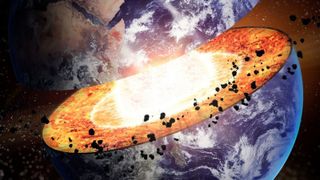
Scientists discover 'sunken worlds' hidden deep within Earth's mantle that shouldn't be there
By Harry Baker published
A new way of measuring structures deep inside Earth has highlighted numerous previously unknown blobs within our planet's mantle. These anomalies are surprisingly similar to sunken chunks of Earth's crust but appear in seemingly impossible places.
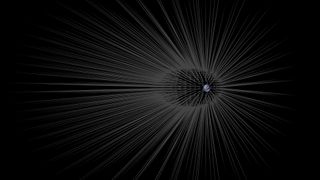
Something invisible and 'fuzzy' may lurk at the Milky Way's center, new research suggests
By Paul Sutter published
The cores of galaxies may not be made of what we thought, new research suggests — they could hold one giant, invisible star made of mysterious "fuzzy" matter.
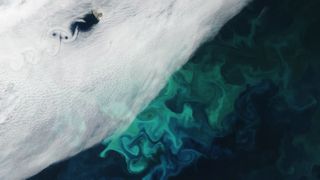
Svalbard's radioactive 'Bear Island' surrounded by rare cloud swirls and a giant algal bloom
By Harry Baker published
Earth from space A 2023 satellite image captured a pair of peculiar phenomena painting parallel swirls in the sea and sky around Norway's Bear Island, which is surrounded by extremely radioactive waters left behind by a doomed Soviet submarine.
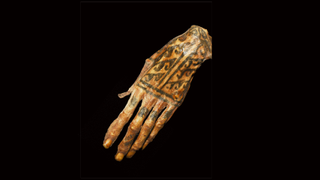
Lasers reveal hidden patterns in tattoos of 1,200-year-old Peru mummies
By Kristina Killgrove published
A new method for imaging tattoos reveals intricate designs on Chancay mummies from Peru.
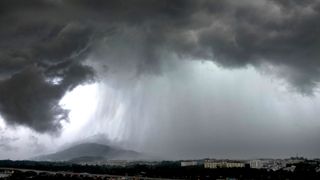
'Unusual' and weak La Niña finally here, NOAA confirms
By Patrick Pester published
NOAA has declared that a La Niña is underway. This cool weather event is likely to be shorter and weaker than usual, but will still affect global weather and climate.
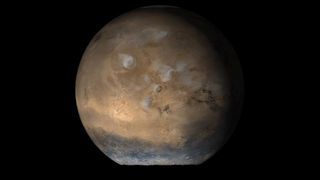
How to watch the full Wolf Moon 'swallow' Mars in the sky tonight — no telescope required
By Gretchen Rundorff last updated
Tonight (Jan. 13), bright Mars will disappear behind the full Wolf Moon for several hours before reappearing on the other side. It's the only lunar occultation of Mars visible from the U.S. this year. Here's how to get the most out of it.
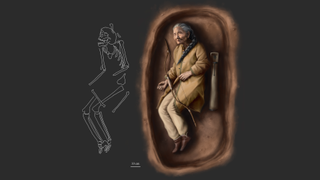
10th-century woman buried with weapons in Hungary is 1st of her kind, but researchers are hesitant to call her a warrior
By Kristina Killgrove published
A woman buried with archery equipment in 10th-century Hungary is unusual but may not necessarily have been a warrior.
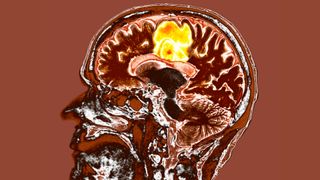
New treatment for most aggressive brain cancer may help patients live longer
By Stephanie Pappas published
Glioblastoma often kills within months. A new targeted radiation therapy may help patients live longer.
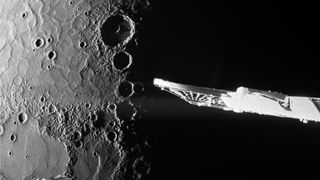
See Mercury's frigid north pole in extraordinary new images from the BepiColombo spacecraft
By Stephanie Pappas published
A joint Japanese-European mission to Mercury just made its sixth flyby of the planet, revealing stunning close-ups of the permanently shadowed craters at Mercury's north pole.
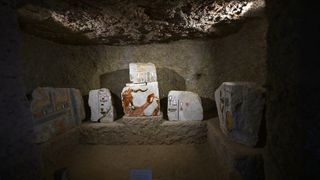
Excavations at Queen Hatshepsut's mortuary temple reveal elaborate burials, decorated blocks and ancient tools
By Owen Jarus published
A number of new discoveries have been made near the mortuary temple of Queen Hatshepsut in Egypt.
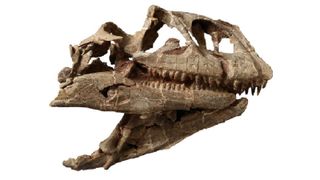
Enormous skull of 200-million-year-old giant dinosaur discovered in China
By Richard Pallardy published
The well-preserved skull belongs to a never-before-seen species of sauropodomorph that potentially grew up to 33 feet long.

Tiny AI chip modeled on the human brain set to boost battery life in smart devices — with lifespan in some rising up to 6 times
By Keumars Afifi-Sabet published
The Spiking Neural Processor T1 is an AI chip that's modeled on the way the brain detects patterns and could extend the battery life in smart devices.
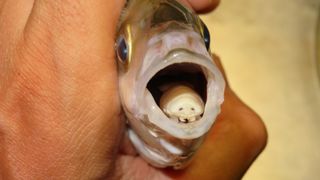
Why we need parasites, despite them leeching life from others
By Euan Ritchie published
An ecologist shares his passion for parasites. From their vital roles in nature, to strange super powers and extraordinarily complex life cycles, parasites are natural wonders worthy of protection.
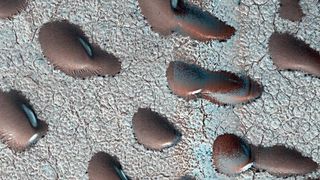
Giant 'kidney beans' spotted in Mars satellite images could point to signs of water and life
By Damien Pine published
A NASA satellite has spotted frozen "kidney beans" on Mars' sand dunes trapped in place until springtime. Photographing them can help us determine if there was ever enough water on Mars to sustain life.
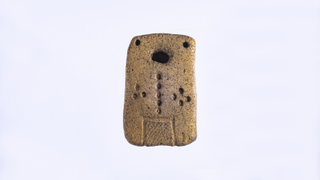
Doban-kun: A 'cute' human-shaped counting tool from prehistoric Japan
By Kristina Killgrove published
This anthropomorphic clay tablet was likely used in an ancient ritual by the Jōmon culture in Japan.
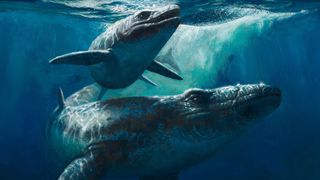
'Red flags' raised over ancient sea monster pulled from Moroccan mine
By Jeanne Timmons published
A mosasaur species with saw-like teeth that was described by scientists in 2021 may have been based on forged fossils, and researchers are now calling for CT scans to determine the creature's origin.
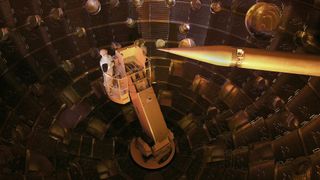
Nuclear fusion could be the clean energy of the future — but these 'tough' challenges stand in the way
By George R. Tynan, Farhat Beg published
Even once researchers can reliably get more power out of a fusion reaction than they put in, they'll still need to overcome engineering challenges to scale up fusion energy.
Sign up for the Live Science daily newsletter now
Get the world’s most fascinating discoveries delivered straight to your inbox.
